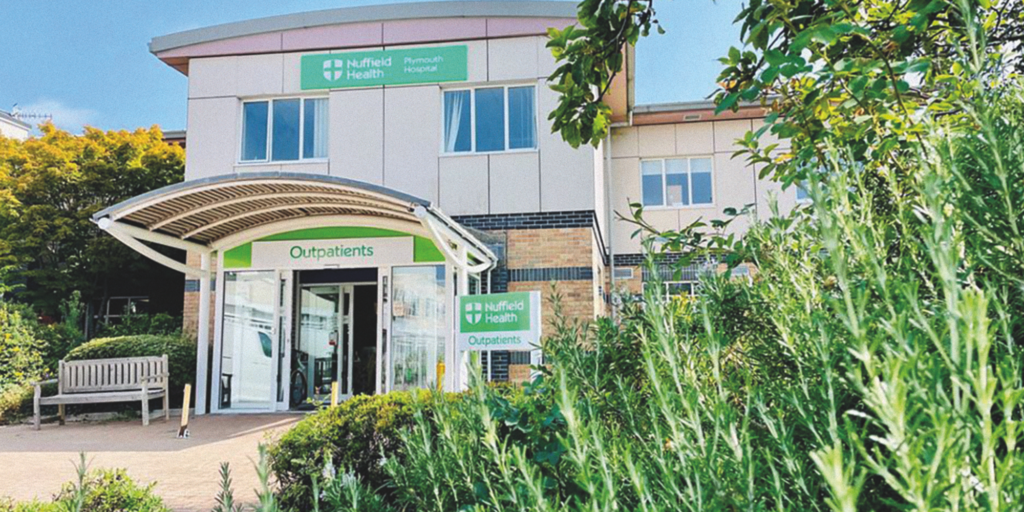

Reducing the risk
Raising awareness around the types, and causes, of skin cancer.
Skin cancer is by far the most common form of cancer seen in the UK. At Nuffield Health in Plymouth alone, they deal with roughly 5000 cases a year. The vast majority are related to excessive sun exposure and are therefore, theoretically, preventable. Ultraviolet light, both UVA and UVB, causes damage to the DNA in our skin cells, and this is continually being repaired.
Broadly speaking there are three different types of skin cancer. The most common is basal cell carcinoma (BCC) – accounting for roughly 70% of cases. These tumours tend to grow slowly over years and have very little potential to spread outside of the skin. Some can be effectively treated with cream, but most require surgical removal, and unfortunately they are most commonly seen on the central face, especially on the nose, temples, or around the eyes.
About 20% of skin cancer is squamous cell carcinoma (SCC). SCCs differ from BCCs in that they grow more quickly, usually over a period of two-to-three months, and do have the potential to spread to local lymph nodes or other organs. The vast majority, however, are cured with surgical excision, and the incidence of metastatic disease (spread) is less than 5%.
The most important type of skin cancer is malignant melanoma (MM) – approximately 10% of cases. These cancers develop in the pigment cells in the skin (melanocytes), so often show a black colour, although they can be subtle with multiple different shades of pigment, or even have no pigmentation at all, in which case they develop as red or pinkish lumps on the skin. MM is a potentially aggressive form of cancer, with a high chance of metastatic disease if untreated. It is vital that they are diagnosed and excised as quickly as possible, as if they are picked up early, when they are still thin, the prognosis is excellent, with over 95% of patients having a long-term cure. Recent data shows that although we are seeing more cases of melanoma every year, we are diagnosing them earlier.
We can reduce the risk of damaging our skin and the most effective way of doing so is by using a high-factor sun-block. It should be applied liberally to all areas where the sun will reach, and re-applied if staying out in the sun for a long period, and especially after swimming. In addition, covering the scalp and protecting the eyes and eyelid skin with sunglasses is important. We can also try and reduce sun-seeking behaviour and avoid sun-bed use, as the link with skin cancer is strong.
If you would like to speak with one of Nuffield Health’s dermatologists, please get in touch via the website below.
Nuffield Health
Plymouth Hospital



